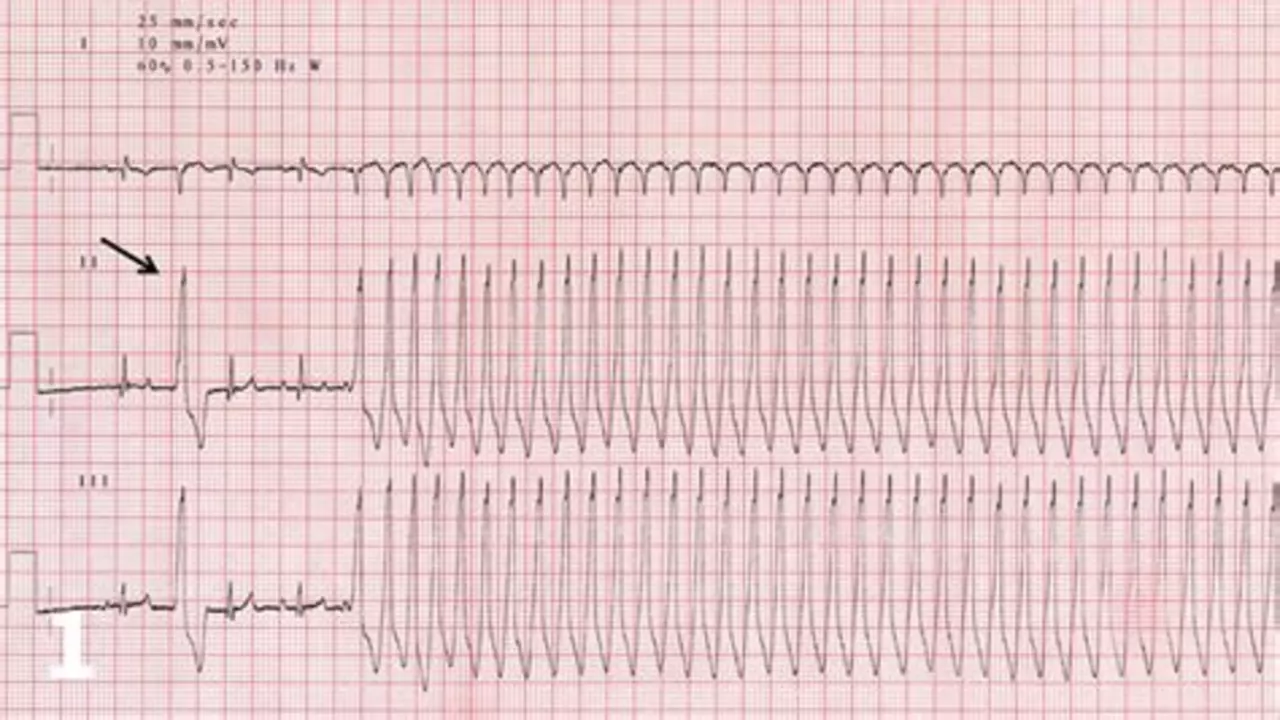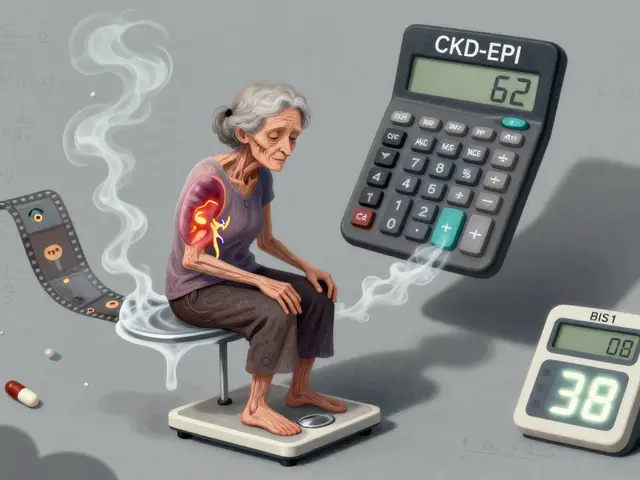Athletes: smart choices for meds, supplements, and online purchases
What you take can make or break a season. If you’re an athlete, you need clear, practical advice on medicines, recovery supplements, and buying meds safely online. This page gives straightforward tips you can use today—how to avoid banned ingredients, which supplements are well-studied, and how to spot a shady pharmacy.
Safe meds and supplements for performance and recovery
For pain, many athletes reach for ibuprofen (Motrin) or naproxen. Short-term use is okay, but regular use while dehydrated raises kidney risk. Use the lowest effective dose and talk to your team doctor if pain keeps coming back. Acetaminophen is an option for pain that won’t inflame the stomach, but it won’t reduce swelling.
Proven supplements worth considering: creatine (3–5 g/day for most adults) for power and recovery; protein powder to hit daily protein targets; caffeine timed before competition (roughly 3–6 mg/kg body weight) for short boosts; beta-alanine (2–5 g/day) to help high-intensity efforts. Stick to standard doses and expect gradual results—none of these are magic pills.
Never assume “natural” means safe. Many herbal blends contain hidden stimulants or steroids. Always check any supplement against the WADA list or your sport’s anti-doping rules before taking it.
How to buy meds online without getting burned
Online pharmacies are convenient, but fakes exist. Before you click buy, run through this quick checklist:
- Prescription required? Legit online pharmacies will ask for a valid prescription for prescription drugs.
- Check credentials. Look for a visible license number, a real business address, and customer service you can call.
- Third-party testing. For supplements, prefer brands certified by NSF Certified for Sport, Informed-Sport, or an equivalent.
- Price warning. If it’s way cheaper than other sources, that can mean counterfeit or expired stock.
- Secure checkout. Use sites with HTTPS and trusted payment methods—avoid direct bank transfers to unknown sellers.
If you’re traveling or buying from another country, check local rules. Some meds legal in one country are banned elsewhere, and customs can seize shipments.
Final practical note: always tell your coach, team clinician, or anti-doping officer what you plan to take. If something affects sleep, hydration, heart rate, or recovery, it can affect performance and health. When in doubt, get a simple phone call or message to a trusted medical pro before you swallow it.
Use reliable sources, ask questions, and protect your season. Smart choices now save you from big problems later.
Supraventricular Tachycardia in Athletes: Risks, Symptoms, and Management
Supraventricular Tachycardia (SVT) is a heart condition that can pose serious risks to athletes, causing symptoms like heart palpitations, dizziness, and shortness of breath. Although it's not common, when it does strike, it can seriously affect an athlete's performance and overall health. It's crucial to identify the symptoms early and manage them effectively to prevent complications. As an athlete, it's important to communicate any unusual symptoms to your healthcare provider for prompt diagnosis and treatment. Research and learning about SVT can also help athletes better understand and manage this condition.






